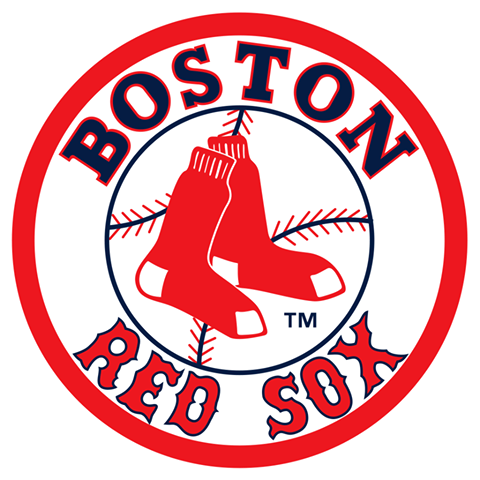Any day now Major League baseball teams will be reporting to spring training sessions in the sunny south lands. The lions share of my baseball friends are either Toronto Blue Jays fans or lifetime supporters of the Detroit Tigers. For unknown reasons there are several, however, who are ardent Boston Red Sox fans and it is for them that I post the following story on "The Origin of The Red Sox." It will serve as a primer of sorts for the upcoming baseball season.
Ever wonder how, and when, the Red Sox got their name?
The name originally belonged to the first professional baseball team, the Cincinnati Red Stockings, a charter member of the first league, the National Association of Baseball Players.
Due to slumping attendance in Cincinnati, the team folded and then re-formed in Boston in 1871, electing to keep their nickname. The National League was then formed in 1876 and the Boston Red Stockings became a charter member.
At the time, nicknames were not as important as they are today and teams went by many different names. Over the years, the Red Stockings also came to be known as the "Red Caps", the "Beaneaters", the "Doves" and the "Pilgrims". In 1912, this Boston team changed its official nickname to the "Braves." The team eventually moved to Milwaukee in 1953, before relocating to Atlanta in 1966.
The present day Boston Red Sox began their inaugural season in 1901.
That year, Ban Johnson formed the American League to compete with the National League and the new Boston club was formed.
Until the 1908 season, the team wore dark blue stockings and did not have an official nickname. They were simply known as "the Bostons" or "the Boston Baseball club." Since Boston was then a two-team city, some newspaper writers referred to them as the Boston "Americans", as in "American Leaguers". During 1901-1907, their home and road jerseys simply read "Boston", except for 1902 when they sported the large letters "B" and "A", denoting "Boston" and "American."
In 1903, the team, then known as the Boston Americans, defeated the Pittsburgh Pirates to win the first World Series.
A number of sources claim that the team had a variety of nicknames in those early years, including the Boston "Pilgrims", the "Puritans", the "Plymouth Rocks" and the "Somersets" (for their owner, Charles Somers). Despite the claims, the present day organization doesn't recognize all of these names.
However, the name "Americans" is well documented. A Washington Post writer is said to have coined the name "Pilgrims" in 1906 as an antidote to the rather common "Americans." By 1907, this name was occasionally used in Boston newspapers. However, Boston's National League team was also known as the Pilgrims from 1909-1911.
The name Red Socks was chosen by new owner John I. Taylor after the 1907 season.
On December 18, 1907, Taylor announced that, beginning with the 1908 season, the team would start wearing white uniforms with bright red stockings for home games and, as a result, would be officially known as the Red Socks, the nickname that has identified them ever since.
Because large news type prevented such headlines as "Stockings Win!" from fitting on a page, the nickname "Sox" was adopted by the Boston newspapers, who wanted a more headline-friendly form of "Stockings."
...And the rest is very colorful history from the game's oldest and most unique baseball stadium -- Fenway Park in Boston with its monster wall in left field.


No comments:
Post a Comment